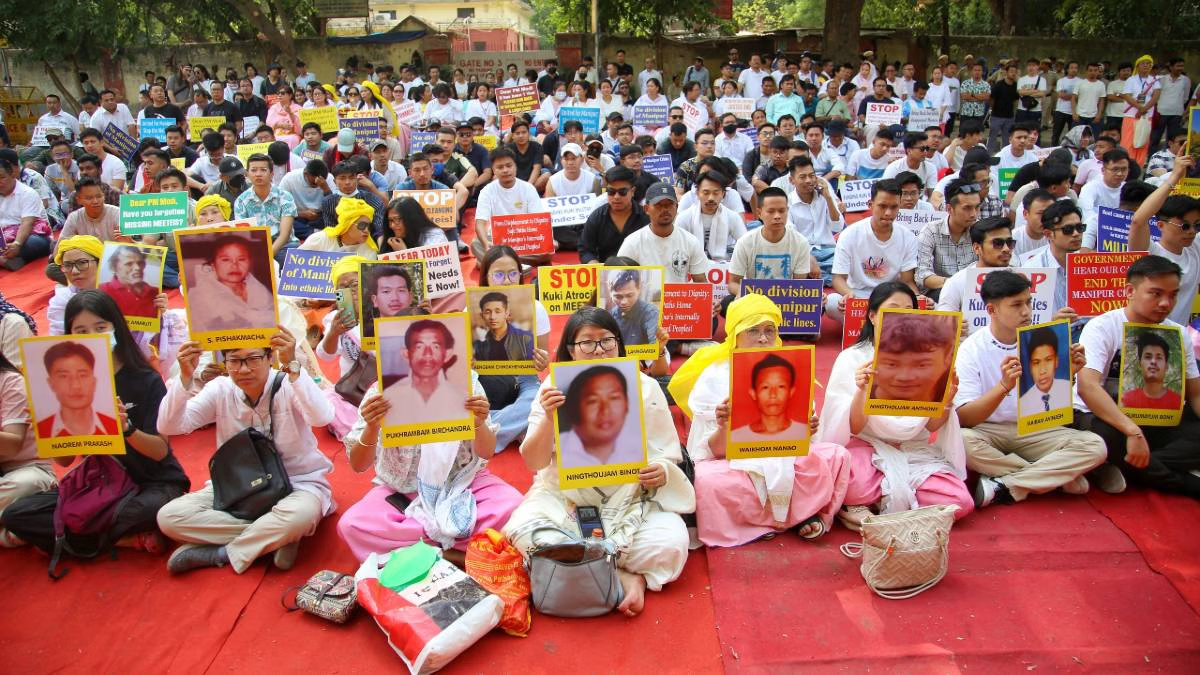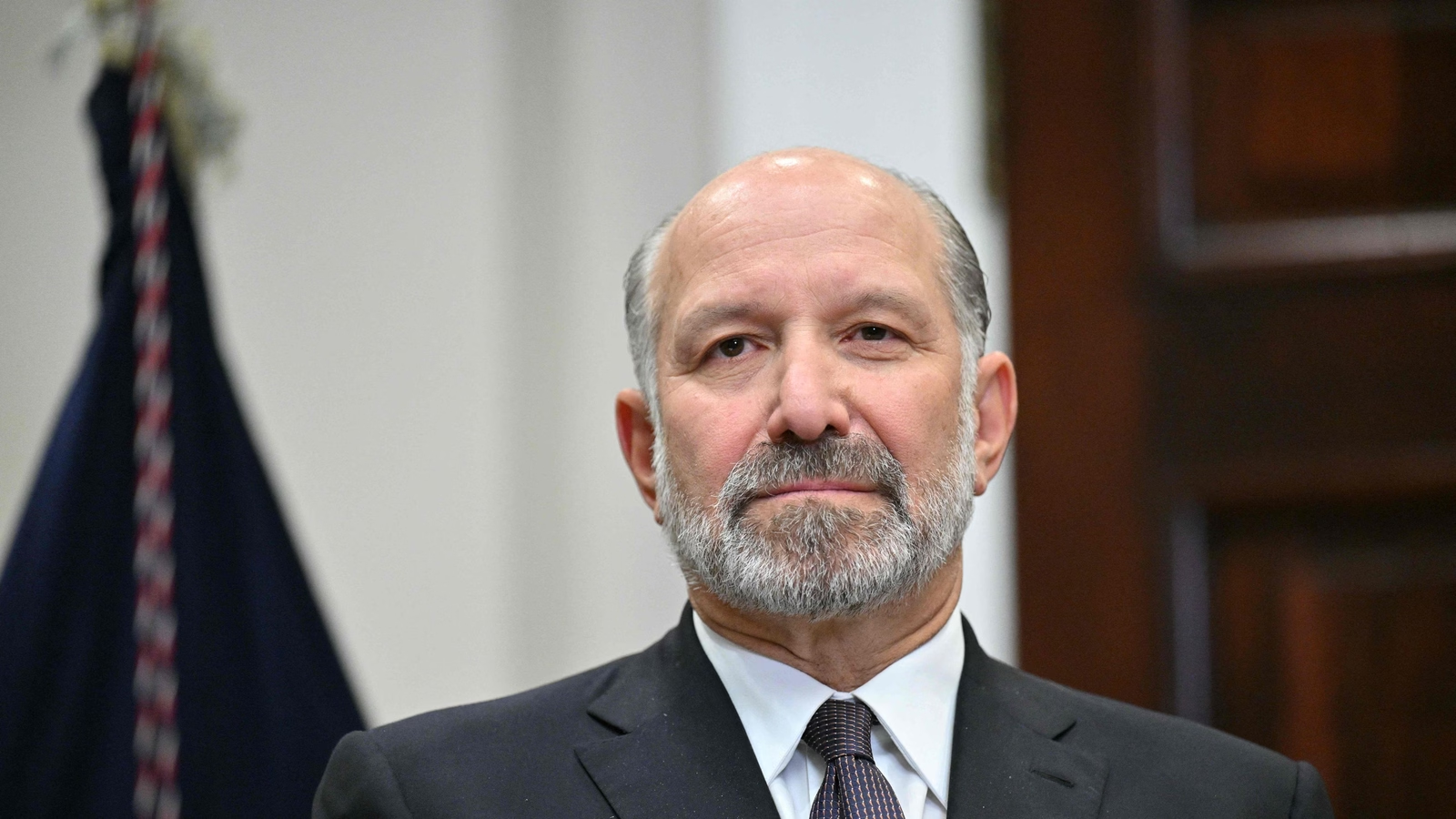Now Reading: Meitei and Kuki Groups Reject Centre’s Peace Initiatives in Manipur
-
01
Meitei and Kuki Groups Reject Centre’s Peace Initiatives in Manipur
Meitei and Kuki Groups Reject Centre’s Peace Initiatives in Manipur

In a significant setback to peace efforts in Manipur, both Meitei and Kuki-Zo community groups have rejected recent agreements announced by the central government. These agreements, aimed at restoring normalcy, included persuading the Kuki-Zo Council (KZC) to lift a blockade on a national highway and extending the Suspension of Operations (SoO) pact with two tribal militant groups. Representatives from both sides criticized these moves, undermining hopes for a resolution to the ethnic tensions and violence that have troubled the state.
Background of the Conflict
The ethnic violence in Manipur, which began in May 2023, has deeply divided the Meitei community, predominantly residing in the valley, and the Kuki-Zo tribes, who inhabit the hill districts. The conflict has led to significant loss of life, displacement of thousands, and widespread destruction. Efforts by the central and state governments to mediate peace have thus far failed to bridge the gap between the communities.
Government’s Recent Initiatives
In an attempt to de-escalate the situation, the central government, in collaboration with the Manipur state government, signed a tripartite peace agreement with the Kuki-Zo groups. This agreement included provisions for the reopening of National Highway 2, a critical route for transportation, and the renewal of the SoO pact with two major Kuki militant umbrella groups. The renewed SoO agreement emphasized maintaining the territorial integrity of Manipur and relocating designated camps away from vulnerable areas.
Rejection by Meitei and Kuki Civil Groups
Despite these efforts, civil society organizations from both communities have expressed dissatisfaction with the government’s approach. The Meitei civil society group, Coordinating Committee on Manipur Integrity (COCOMI), has been vocal in opposing any agreements that could lead to the division of the state’s territory. Similarly, Kuki civil society groups have rejected the peace plans, citing concerns over fairness, inclusivity, and the lack of community consultation.
Implications for Tier 2 Cities
The ongoing unrest in Manipur has far-reaching implications, especially for Tier 2 cities in the region. These cities, which often serve as economic and cultural hubs, are witnessing increased tensions and disruptions. The rejection of peace initiatives may further hinder development, displace communities, and strain local resources. For residents of these cities, the path to peace remains uncertain, with the risk of prolonged instability affecting daily life and economic activities.
Conclusion
The rejection of the central government’s peace initiatives by both Meitei and Kuki civil society groups underscores the deep-rooted mistrust and unresolved grievances between the communities. As the situation in Manipur continues to evolve, it is evident that any lasting solution will require a more inclusive and transparent approach, with active participation from all stakeholders. Without such efforts, the prospects for lasting peace in the region remain bleak.

























